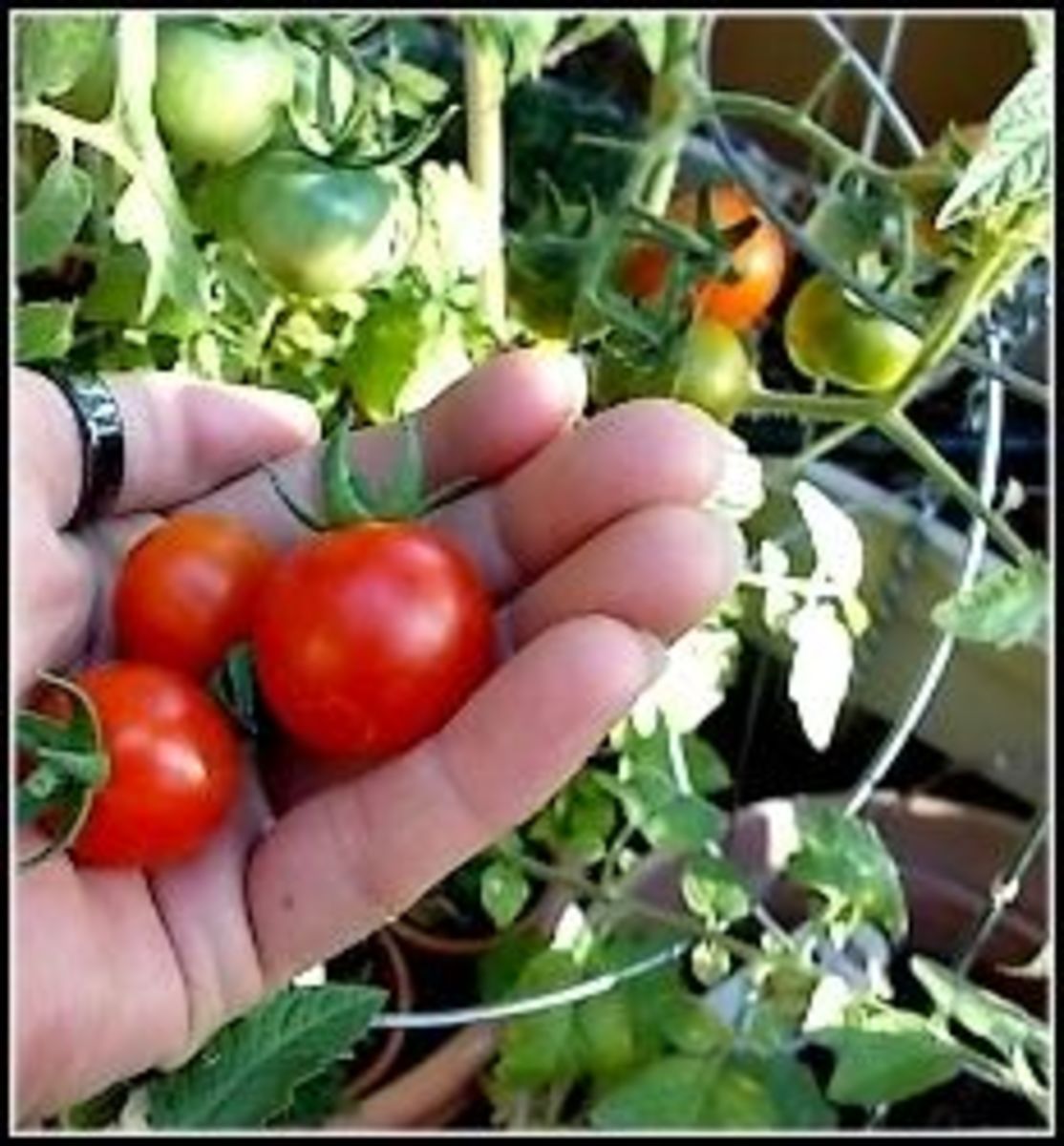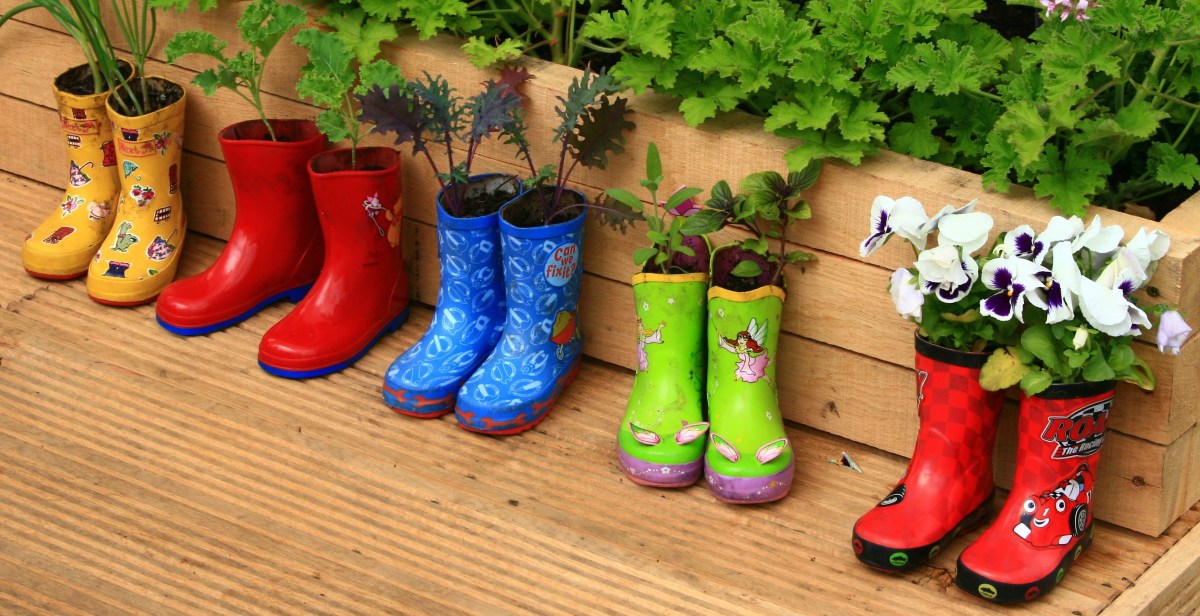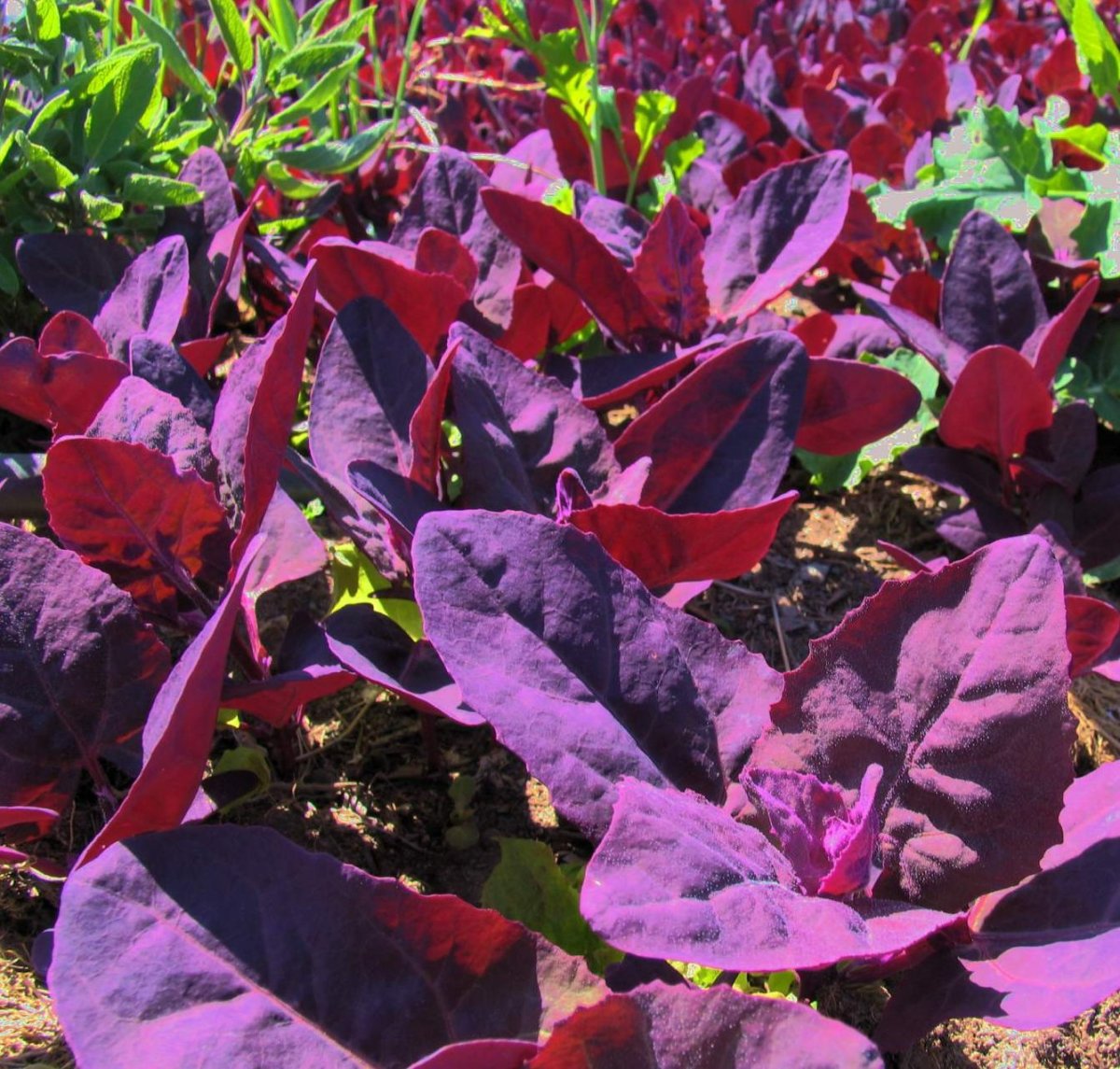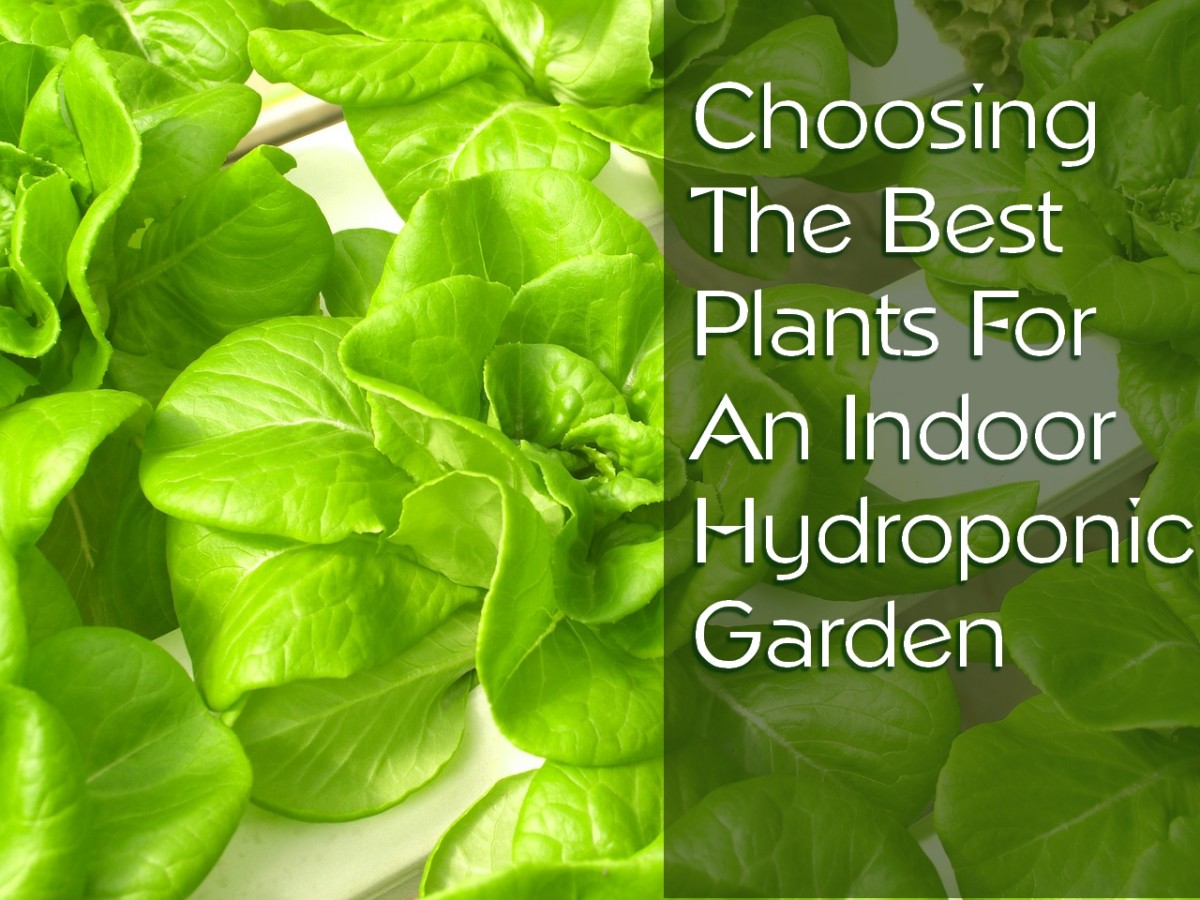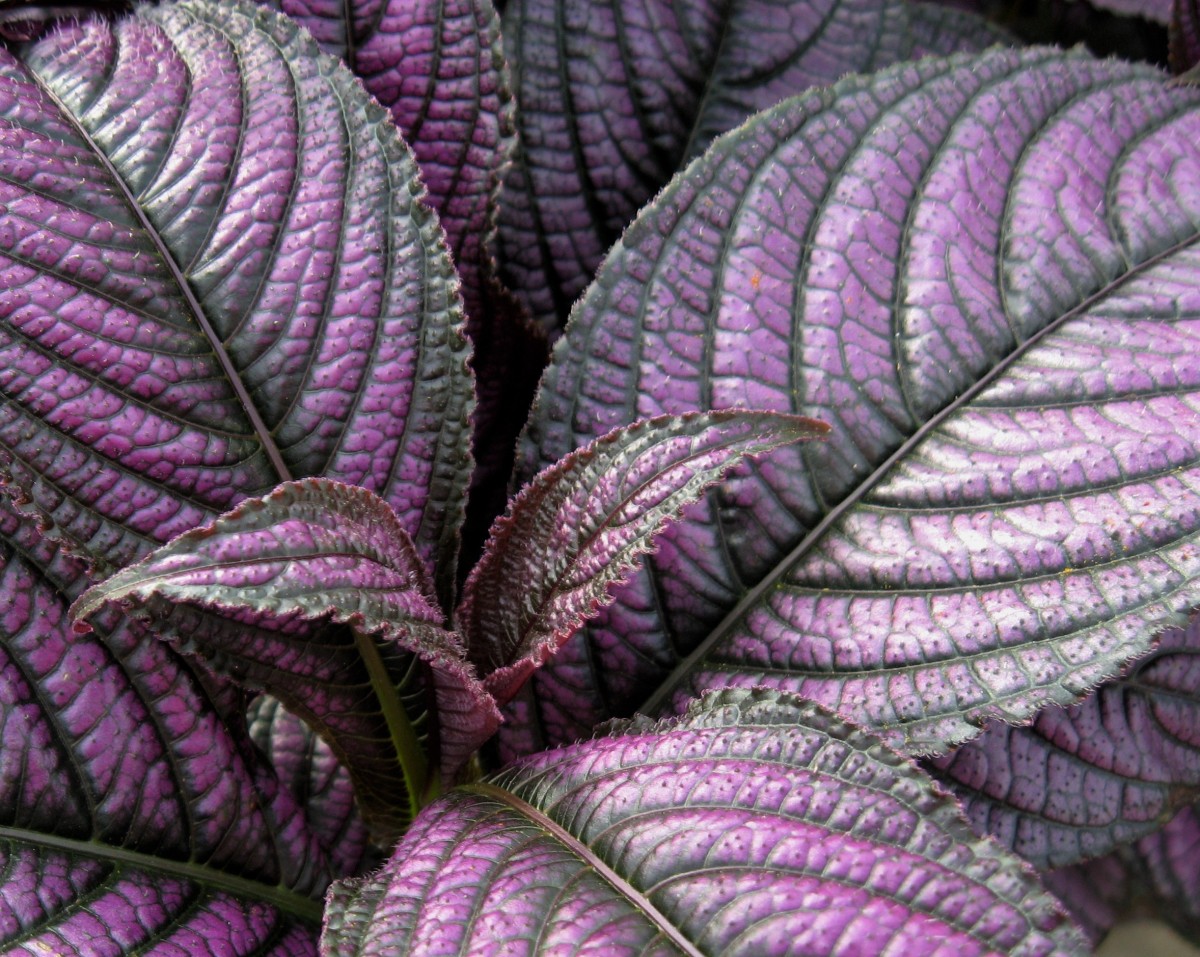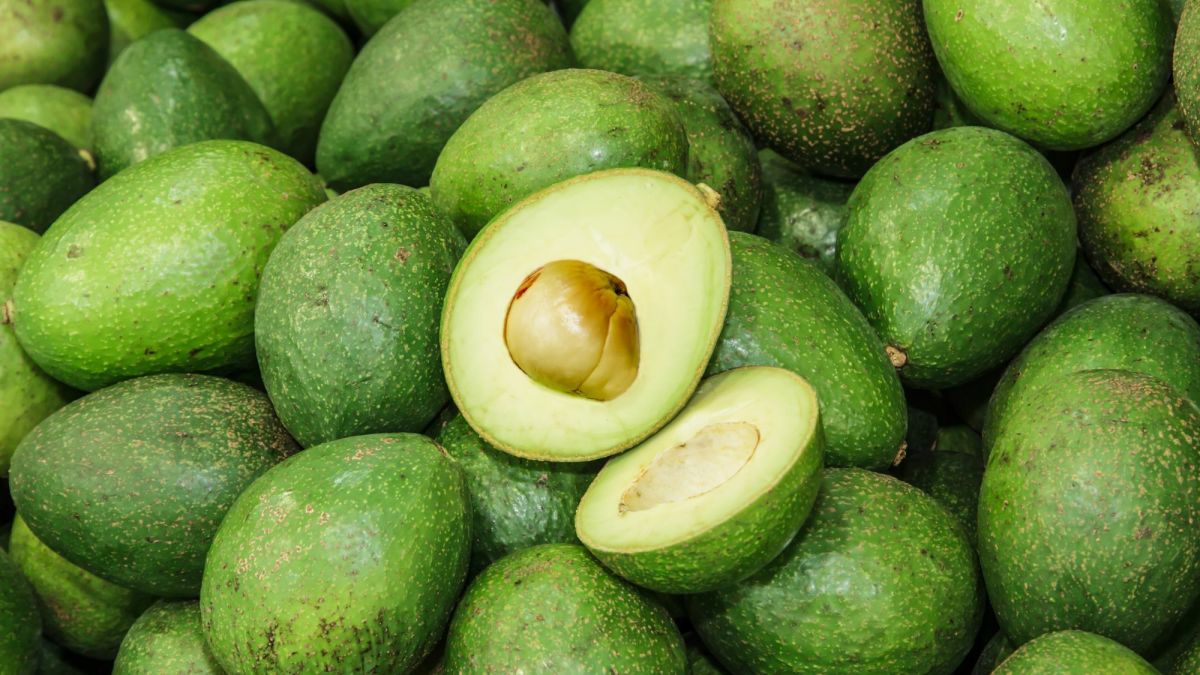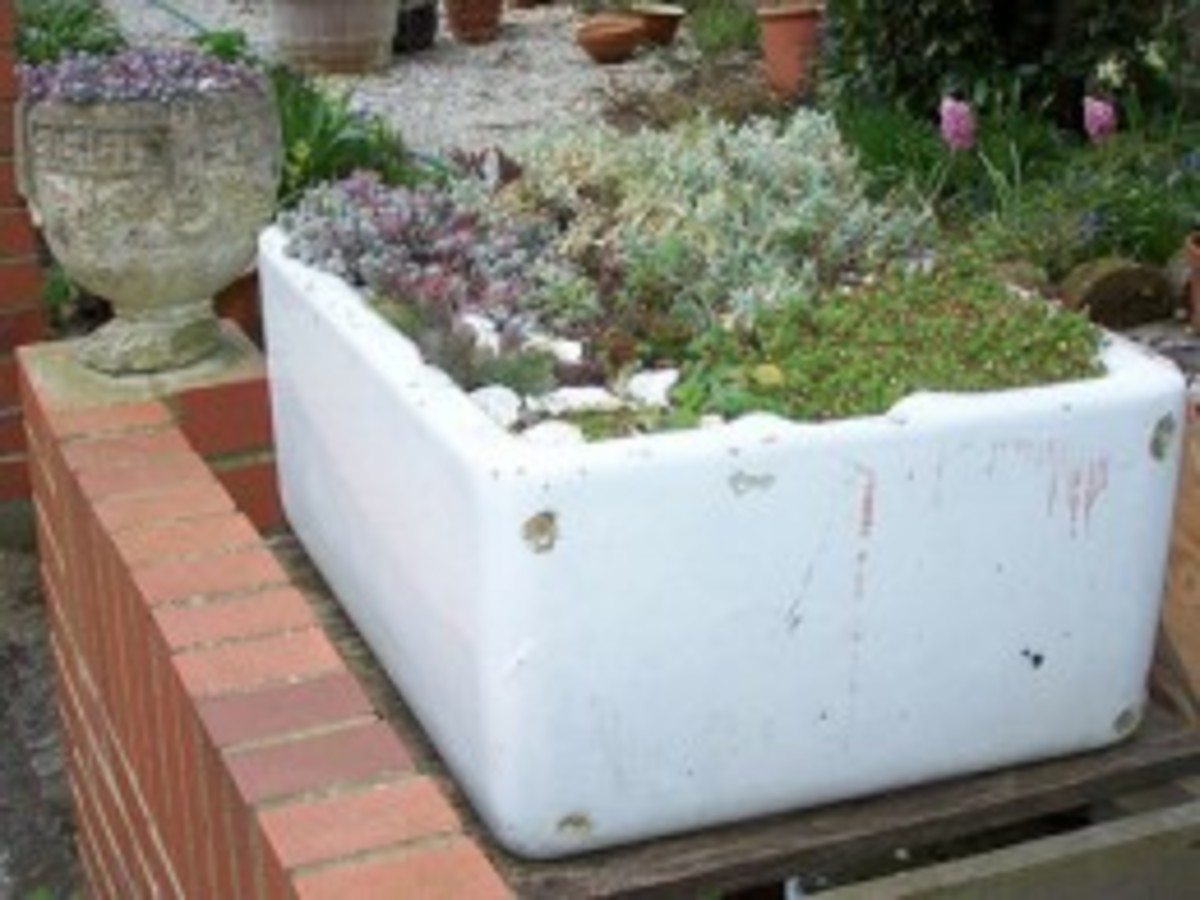Hops in Containers
Thinking about growing hops in containers? Well, if you are, you're in for quite the challenge. There's no doubt that container hop plants are possible, but the questions of productivity and yields are big areas of concern. Before you go ahead and purchase a hop rhizome, you'll want to make sure that growing hops in containers is right for you. So, to help you with the decision, the following text will discuss the advantages as well as the disadvantages to adding hop plants to your container garden. By the end, you'll hopefully have a clearer idea of the challenge that you'll be taking on when gardening hops in containers.
_________________________________________________________________
Advantages of Hops in Containers -
The good news when it comes to growing hops in containers is that it can be done. Gardeners with no ground space or available land can still reap the benefits of homegrown hop cones. Here's a look at the benefits of potted hops:
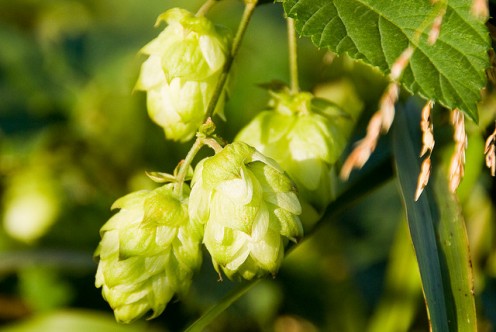
Hop Flowers. Photo By - David.nikonvscanon
- Endless locations to grow. With containers, you'll be able to turn any patio, deck or sunny area into a productive hop garden.
- More user control. Growing in containers, you'll have total control over soil quality, drainage and fertilizing
- Easier general maintenance. Since containers are easily moved around, this makes it very easy to isolate any sick or pest ridden hop plants.
- Elimination of disease and soil pests. So long as a high quality and sterile potting soil is used, the risk of soil pests, diseases and weeds are almost completely eliminated.
_________________________________________________________________
Disadvantages of Container Hop Plants -
While growing hops in containers may prove to be the only way for gardeners who lack ground space, those who do have the space should capitalize on the advantage. Hops are very large plants and will most definitely benefit from free range root space in the ground. Growing hops in containers is a case where the disadvantages outweigh the benefits. Here's a look at the disadvantages of hops in containers:
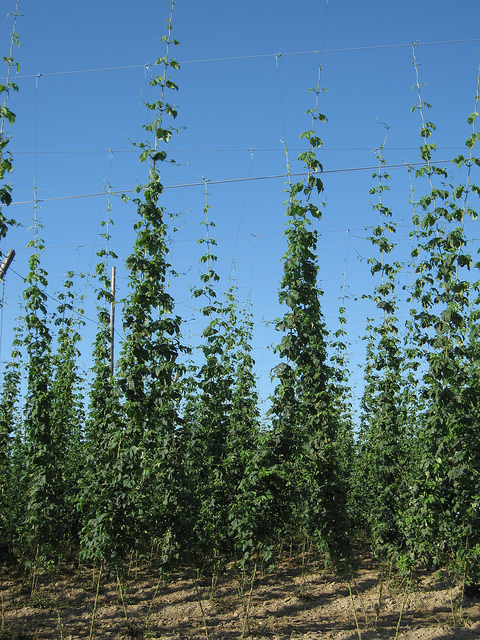
Large hop plants are best suited for in ground planting as shown above. Photo By - Bernt Rostad. Photos in this hub belong to their respected owners and were made available through the Creative Commons Attribution License.
- Restricted root space. Containers only offer a limited amount of soil for roots to spread. This becomes quite a problem for hop plants. In order to sustain a large amount of leafy growth, the hop root system needs ample room for growth. Plants grown in containers are often dwarfed due to restriction of root space.
- Reduced Yields. As a consequence of restricted root space and dwarfed growth, the yields will also be less than satisfactory. Even with a near perfect water and fertilizer regimen, container grown hops will almost always produce less hop flowers than those plants grown in the ground.
- Overwintering issues. In areas that record cold winters with modest amounts of snow, hops grown in containers must be properly stored during the winter months. Small containers don't provide the proper insulation or protection from the winter elements to keep hops healthy. Contrary to containers, in ground hop plants can easily be guaranteed protection from the elements by a simple addition of top much.
- More overall maintenance. Containers dry out quicker, offer less root space and contain a limited amount of initial nutrition. This equates to more time and effort required by the gardener to check soil moisture, fertilize/balance plant nutrition, and trim the rhizomes yearly to promote continued healthy growth.
_________________________________________________________________
Final Word -
After reading through the text above, it's quite easy to make out that hops in containers is a situation that should only be utilized by gardeners with absolutely no access to an in ground garden. Having witnessed firsthand the growth and production of hops grown in large 30 gallon containers, it became clear to me that the only way to produce large yields is to plant hops directly into the ground. The root system will flourish with free range, and in turn produce healthy and bountiful hop flowers! Thank you for reading, and please feel free to tell me about your own container hop experience.

